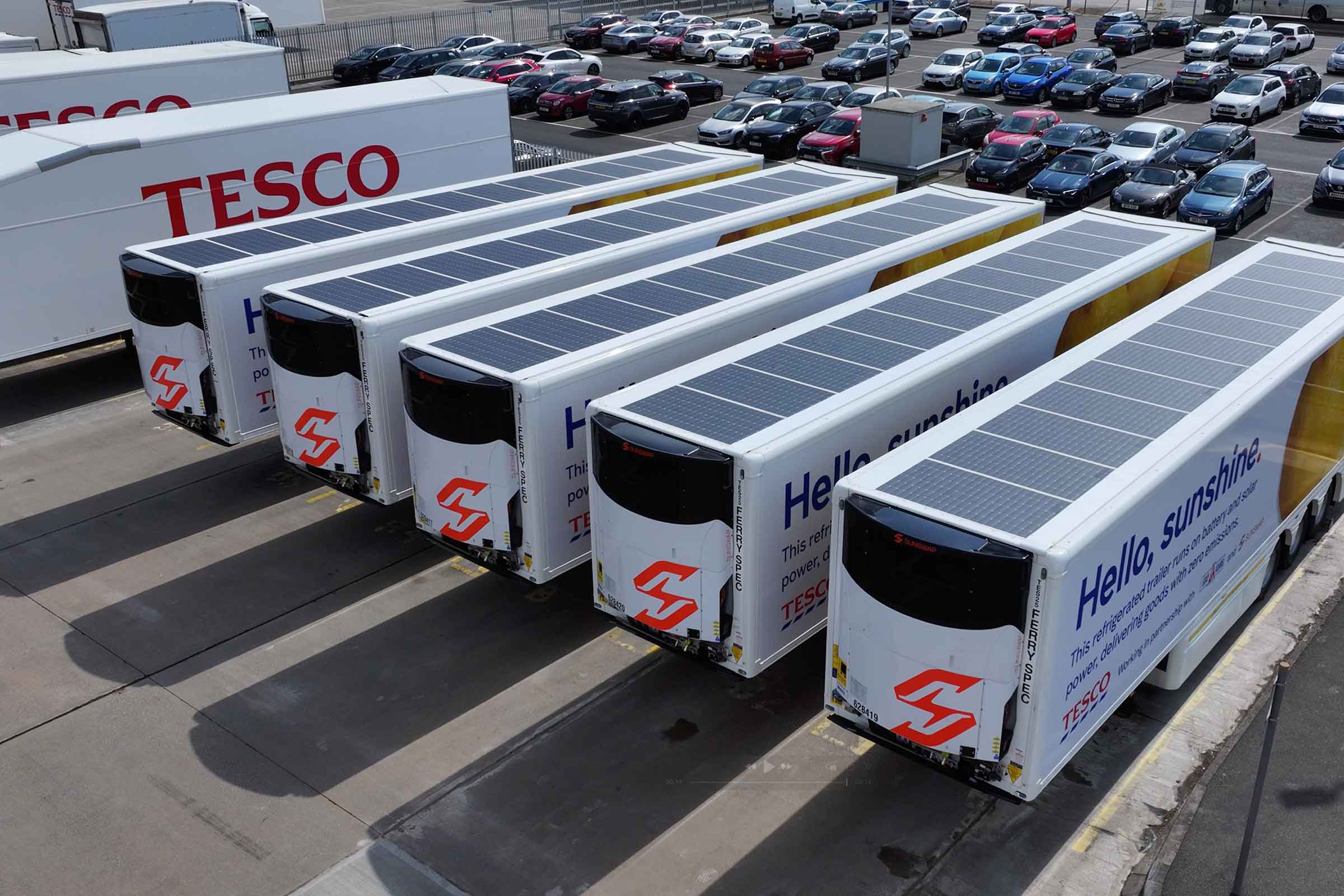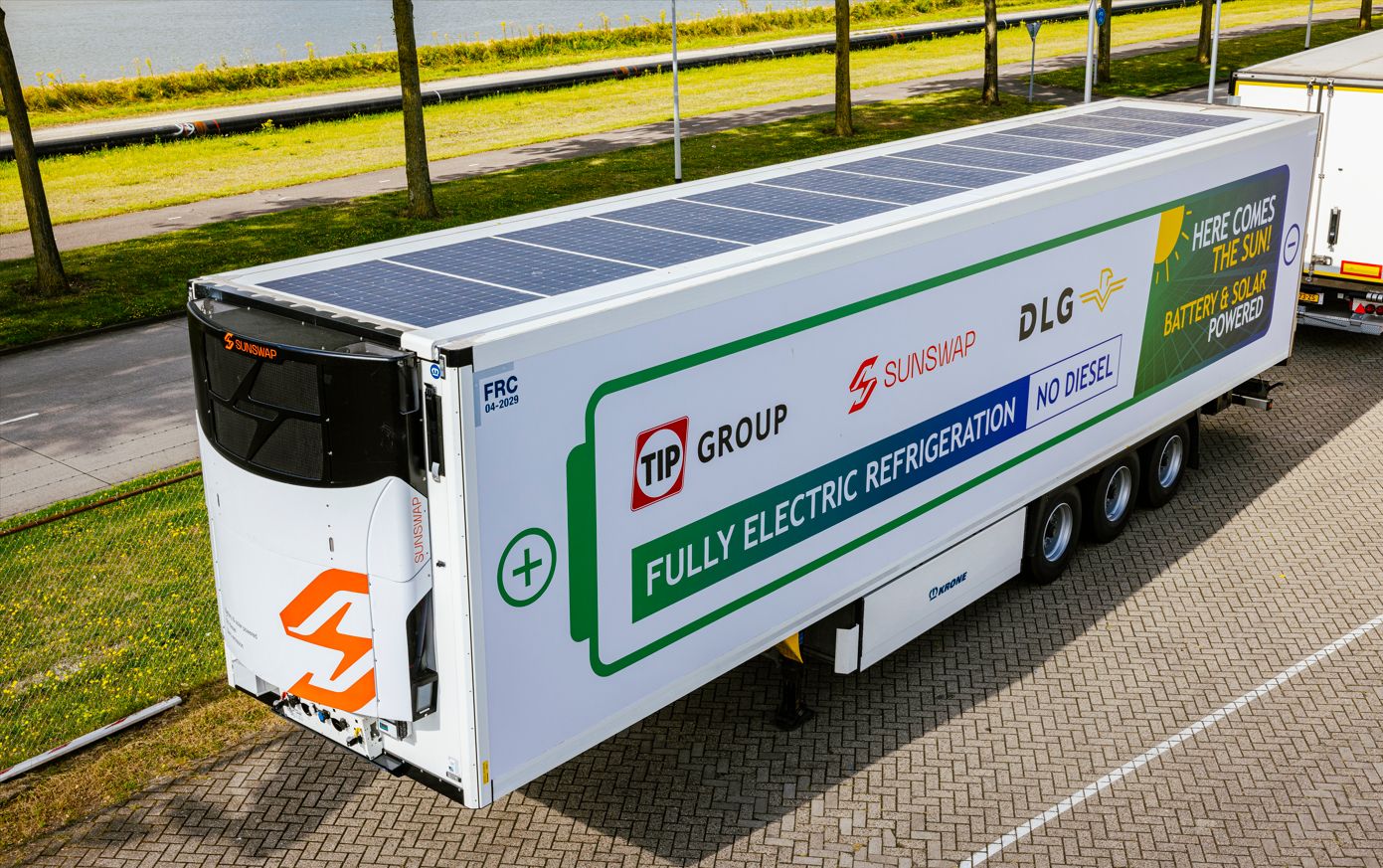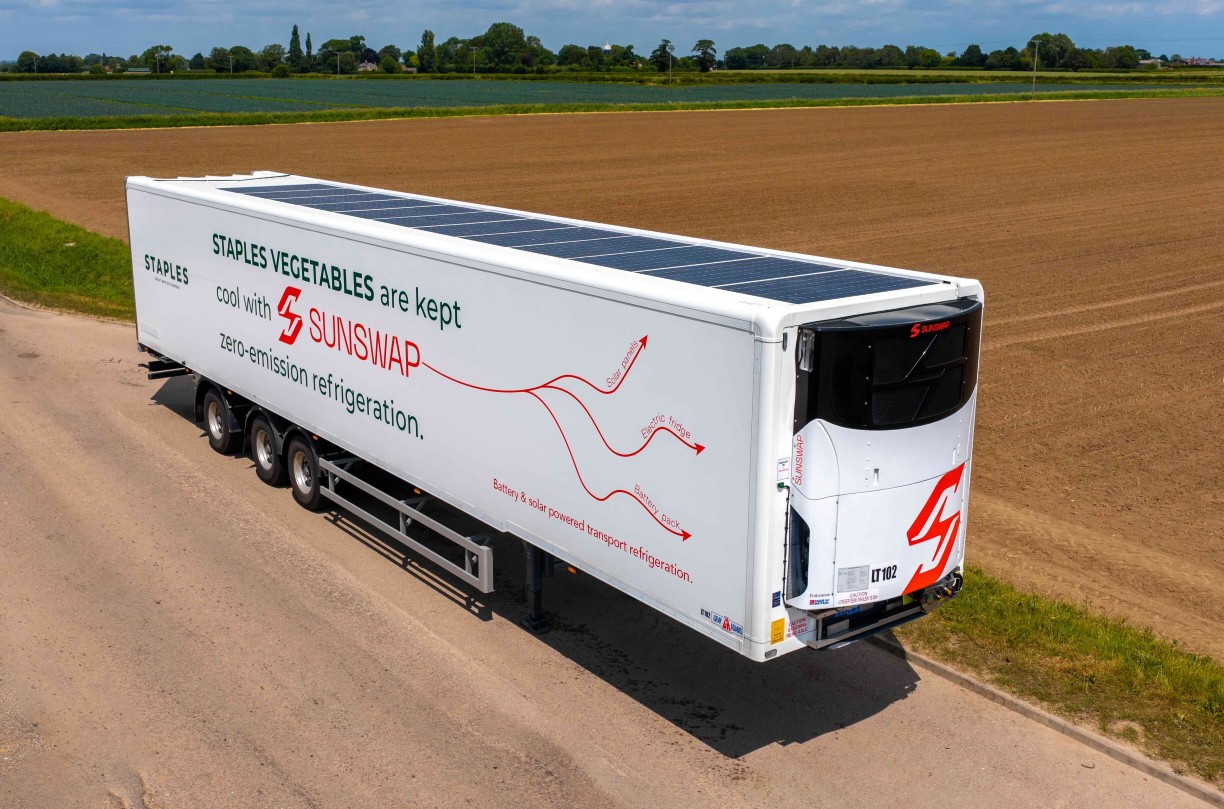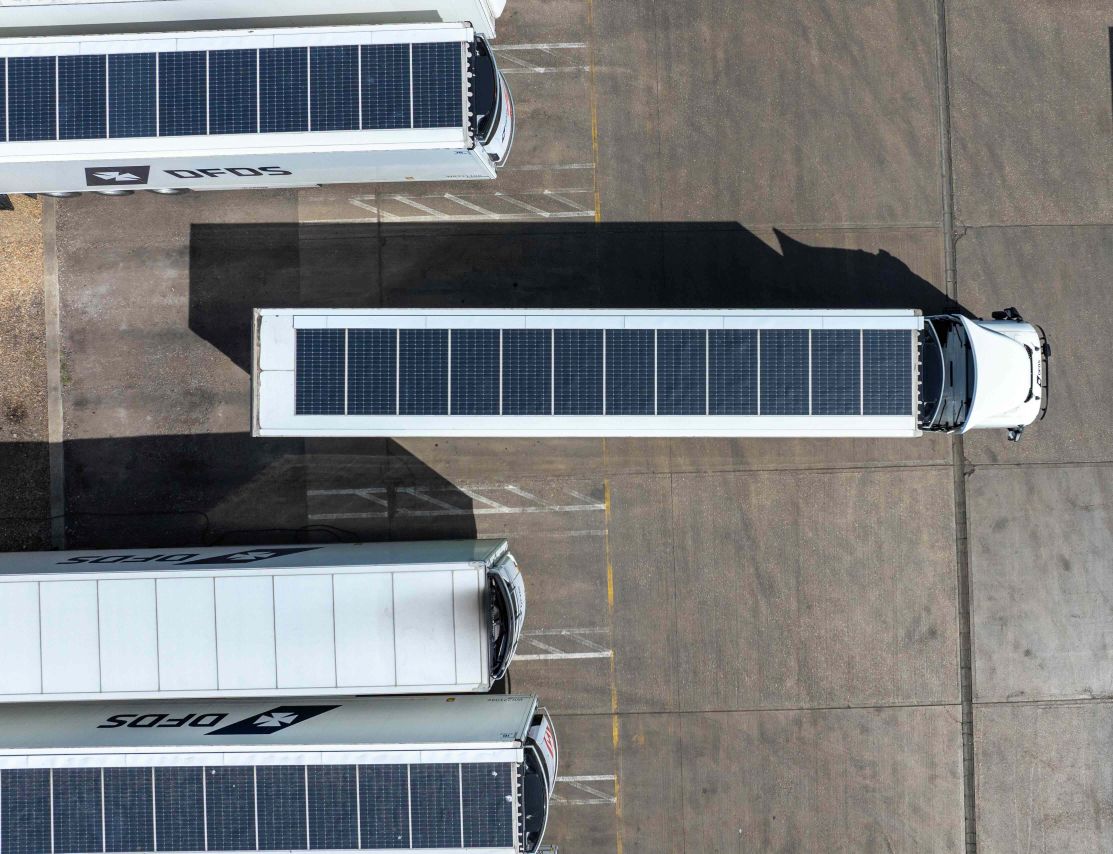Cold Chain Climate Summit 2025
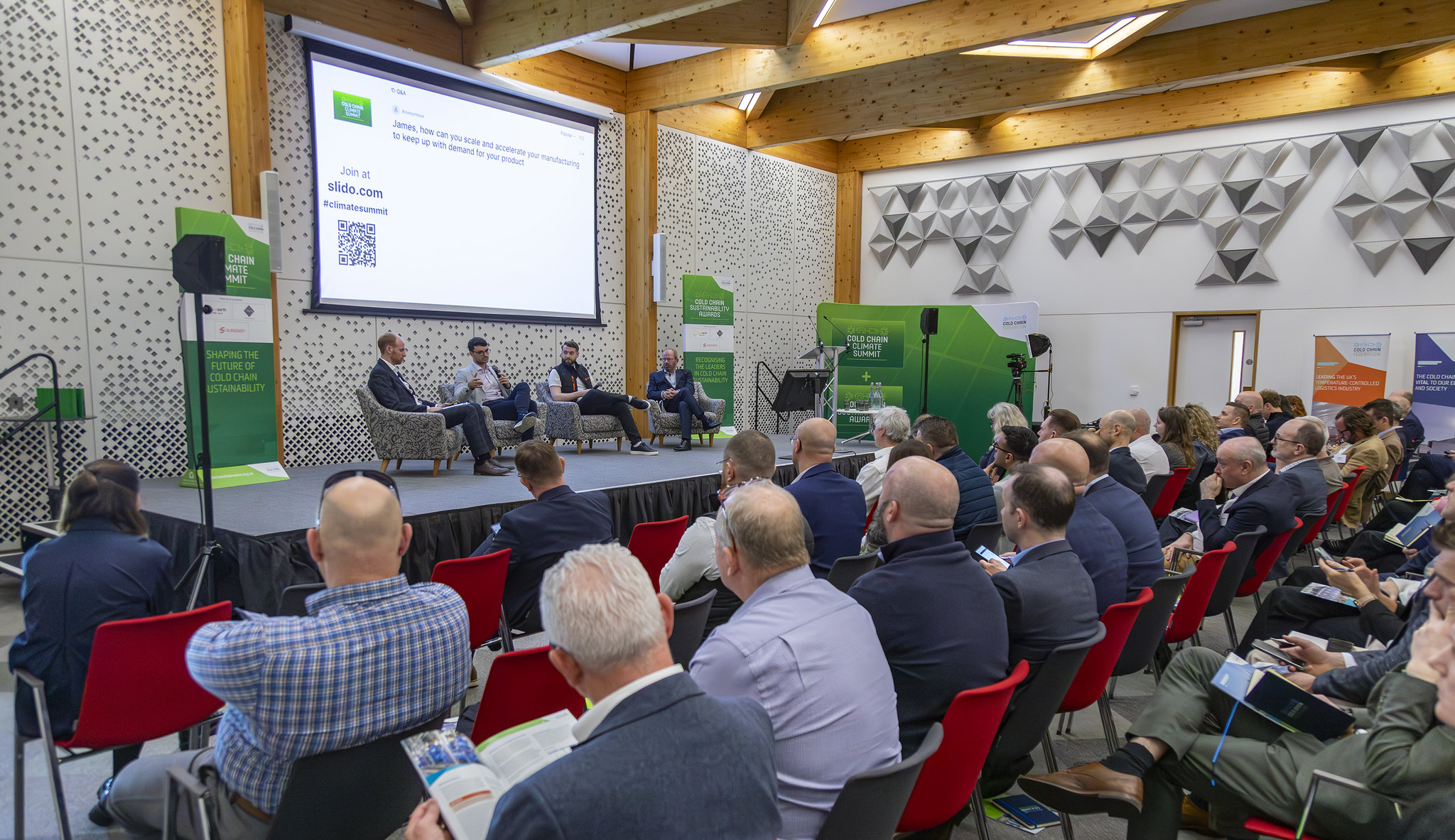
At the recent Cold Chain Climate Summit, leaders in the cold chain industry gathered to discuss developments in sustainable transport refrigeration and temperature management strategies that are reshaping the cold chain sector.
DFDS Pioneers Electric Transport Refrigeration with Sunswap
Lidija Peters, Decarbonisation Project Manager at DFDS, shared valuable insights from their implementation of electric trucks and Sunswap's zero-emission Endurance transport refrigeration technology across their extensive UK fleet operations.
With ambitious targets to reduce CO2 intensity by 75% by 2030, DFDS has established a comprehensive decarbonisation strategy throughout their organisation. Their electric truck implementation is accelerating rapidly, with 7 electric trucks currently operating in the UK fleet, 5 more arriving next month, and discussions underway for additional units. Lidija expressed confidence that within the next decade, DFDS expects electric heavy goods vehicles to become the dominant technology within their fleet, potentially complemented by hydrogen for specific applications.
Lidija also presented the initial findings from DFDS's deployment of Sunswap's battery and solar-powered refrigeration units. The units were delivered in November and ran throughout the winter months with frozen goods—which typically require more energy than chilled goods— however, the units demonstrated remarkable performance.
An interesting behavioural pattern emerged from the data presented: drivers were charging the units more frequently than needed. Lidija noted this was similar to the "range anxiety" often experienced by new electric car owners, who tend to charge unnecessarily often until they become comfortable with the technology's actual capabilities.
DFDS expect that as drivers became more familiar with the Endurance units, there will be less frequent charging behaviour and expect to see much higher proportions of solar energy contribution in their energy mix from spring. This will also bring down operational costs.
The success of DFDS in implementing both electric trucks and zero-emission refrigeration demonstrates that sustainable cold chain solutions are commercially viable today. With each new deployment, the industry builds valuable knowledge that accelerates the transition to a more sustainable and efficient cold chain.
Move to -15°C: The Next Frontier in Cold Chain Efficiency?
In a panel discussion titled "Temperature Set Points One Year On," James Walden from Sunswap joined experts to explore the growing momentum behind the Move to -15°C" initiative. This industry-wide effort examines how adjusting frozen storage temperatures from the traditional -18°C to -15°C could deliver substantial benefits without compromising food quality or safety.
James shared compelling data from Sunswap's analysis: for a mid-sized fleet with 500 trailers, operators could:
- Reduce energy costs by approximately £2.5 million
- Decrease CO2 emissions by 46%
"Adjusting temperature set points creates a win-win situation regardless of fuel type," Walden explained. "For electric refrigeration systems like Endurance, it means smaller battery requirements and increased operational range, while traditional diesel systems see reductions in fuel consumption and emissions."
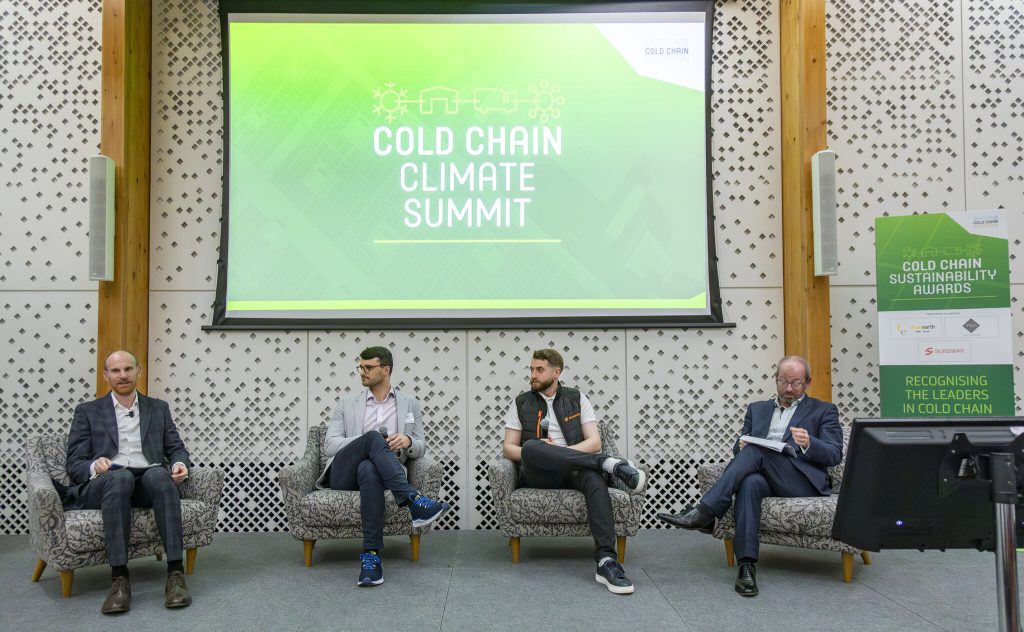
News and Updates
Stay up to date with the latest developments from Sunswap.


.webp)

